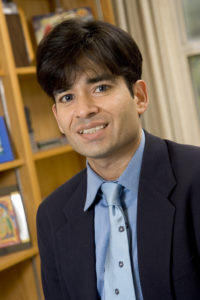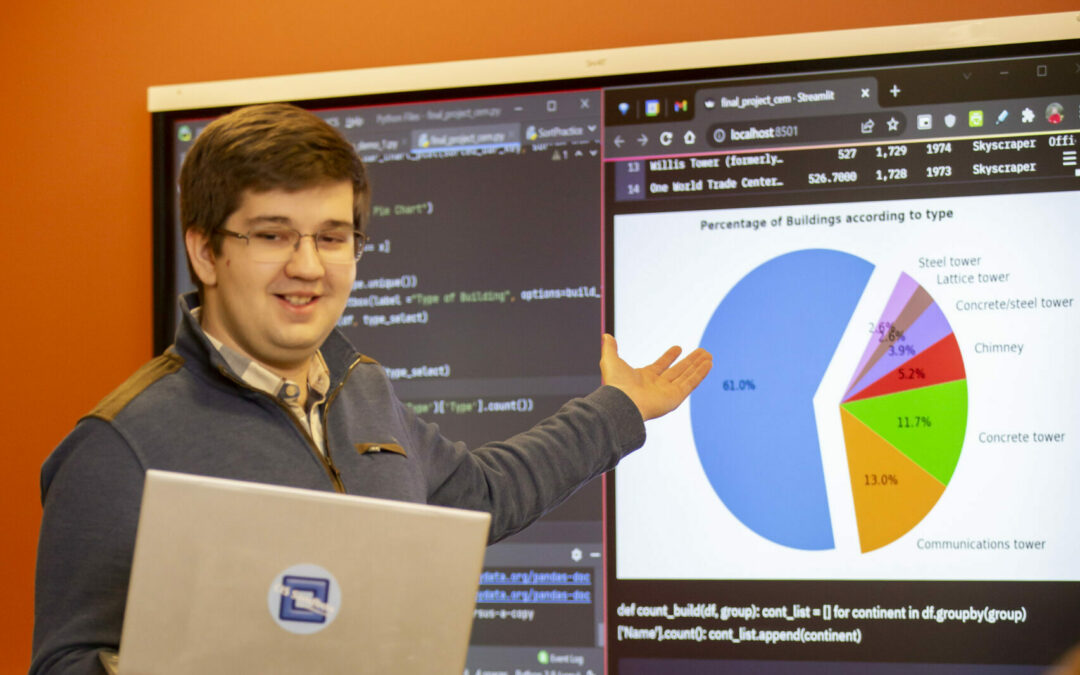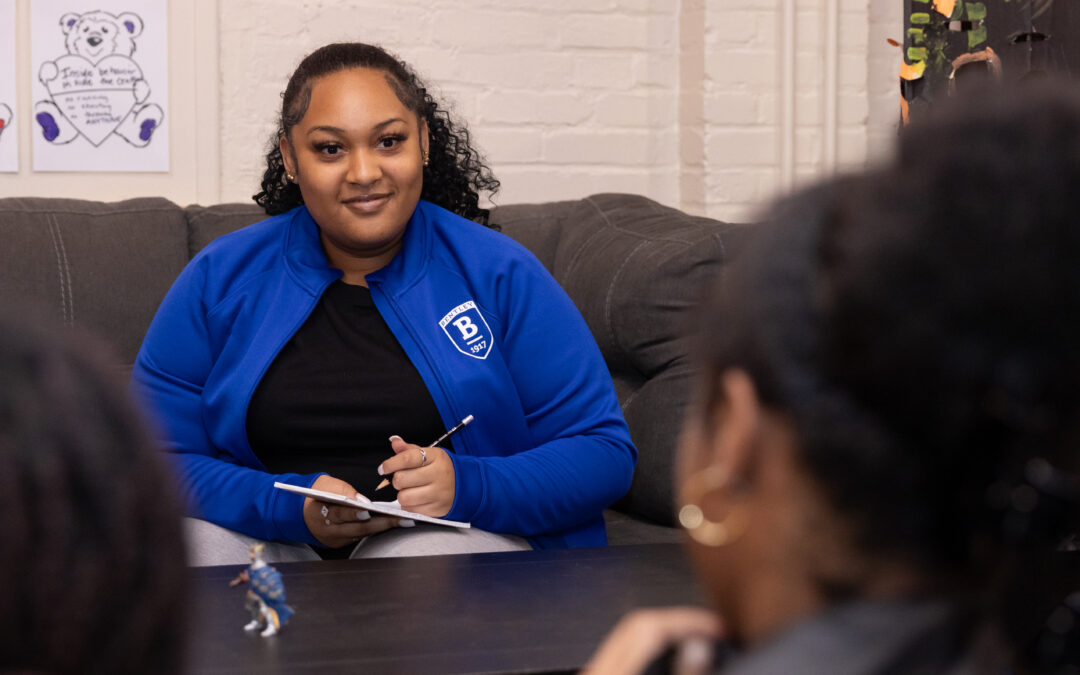Economics Professor Dhaval Dave is a Stanton Research Professor and a Research Associate at the National Bureau of Economic Research. His immense dedication to his field can be seen in the numerous academic journals he has authored, featured in places like the Journal of Health Economics and the Journal of Urban Economics. Dave’s research also has been published in the New York Times, Wall Street Journal, Washington Post, and Time Magazine.
What do you love most about teaching Economics as a subject?
 Economics is singular in many ways. It is both a science and an art; it is qualitative and quantitative; it is a set of technical tools as well as a lens through which to view the world and its problems and potential solutions.
Economics is singular in many ways. It is both a science and an art; it is qualitative and quantitative; it is a set of technical tools as well as a lens through which to view the world and its problems and potential solutions.
I find it deeply rewarding imparting all of this to our students — showing them how economics can help us understand just about everything in the world around us. Sometimes other disciplines even consider economics to be “imperialistic” because we can apply economic reasoning to many topics (such as marriage or fertility or criminal behavior or how much to exercise) that may not appear tied to economics at all!
What’s your favorite thing about teaching Bentley students?
Bentley students are driven and always engaging. There’s something exciting about the back-and-forth both in and outside the classroom, as they are very much active learners. I enjoy bouncing ideas and my existing research projects off them, to gauge their reactions and push the discussion forward. They bring their intellectual curiosity to the classroom, and make it come alive, and that is a big part of why I love my job and find it so rewarding.
How does majoring in Economics prepare students for success in their lives and careers?
Most importantly, Economics imparts skills that are versatile and transferable, opening up many options for our students. An economics student comes away with solid econometric and computational skills for analyzing real-world data (including “Big Data”) and formulating quantitative models and forecasts; solid analytical skills to think through how different parts of the economy and the market interact; and solid business skills through understanding how firms operate and make decisions within the broader market system — just to name a few. Almost every decision we make can be guided by economic principles, from voting to choosing a health-insurance plan to choosing a job to choosing when to have children to managing your retirement. Ultimately, an understanding of economics makes us more informed decision-makers.
What was your favorite subject or class when you were in college?
It would have to be Economics 101 — Introduction to Macroeconomics! This was my first real exposure to the study of economics, and every class was a “light bulb moment.” As clichéd as this may sound, I gained a deeper understanding of how our world works through this one class than I had at any point before in school. Not only did I start understanding how other agents around me were making decisions, I also understood why I was making the decisions that I did!
What was your very first job?
Technically, my very first job was as a retail sales/counter-person in an electronics store when I was freshman in high school. I guess I was informally learning about the importance of price and product attributes and consumer demand in practice back then (we would talk about how to move certain products, or why some periods were busier than others, or try to project sales for the next month), all which took on a more formal shape when I decided to major in economics.





